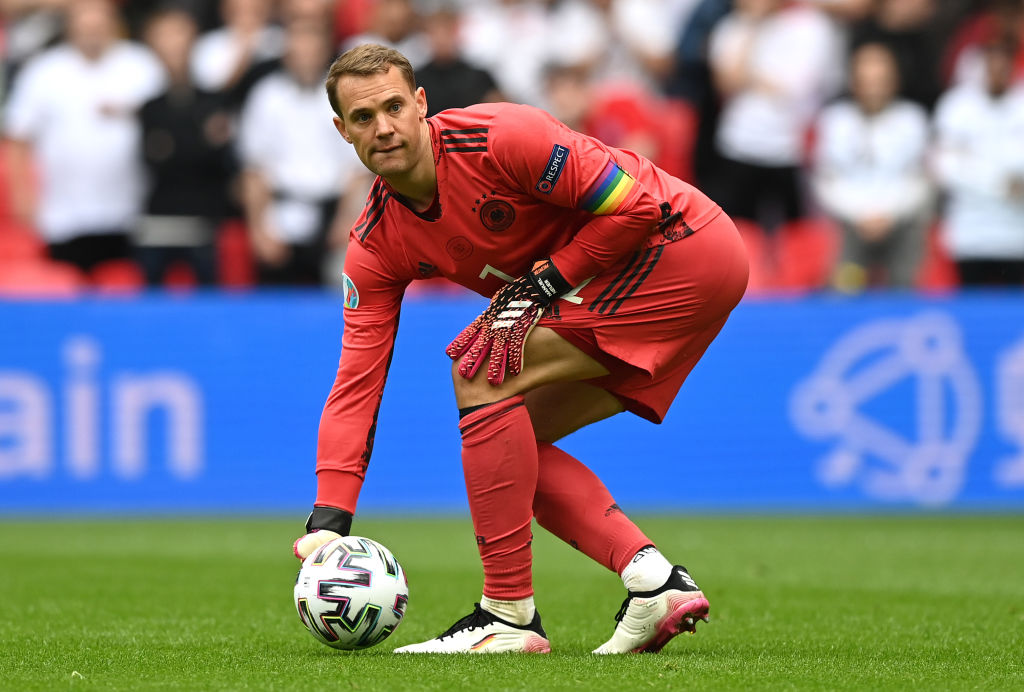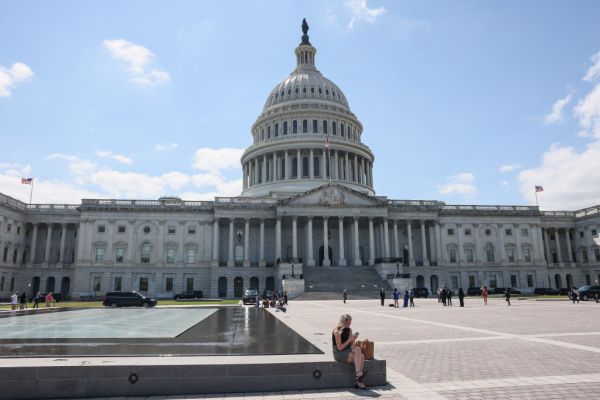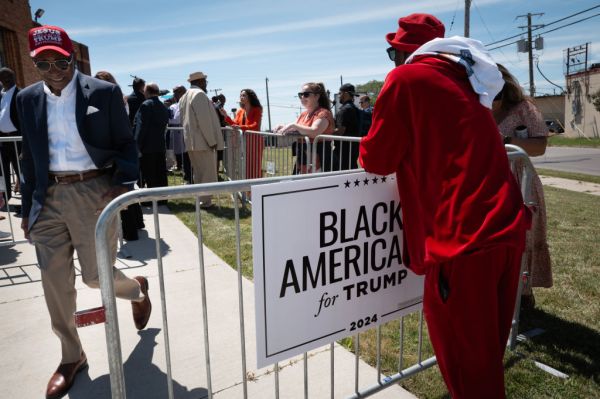Over the next month, 24 nations will compete in the 2024 UEFA European Football Championship. The tournament, which takes place every four years, is overshadowed in prestige only by the FIFA World Cup itself and draws hundreds of millions of viewers worldwide.
Just as European soccer began to dominate the headlines in American sports, a claim about the previous tournament has gone viral. Hundreds of posts, some with thousands of likes and shares, claim that UEFA, the Union of European Football Associations, forced teams to wear pro-LGBT armbands during the 2020 championship (which was played in 2021 because of the pandemic). “At Euro 2020, UEFA (European Football Association) ordered all team captains to wear ‘OneLove’ bands. The band was used as a symbol of LGBTQ,” one post with more than 153,000 likes says. “But, Portugal captain Cristiano Ronaldo was the only European captain who did not wear the band. Respect ❤️.”
The claim is false: UEFA did not require teams to wear pro-LGBT armbands during the tournament.
In the post, German captain Manuel Neuer and Portuguese captain Cristiano Ronaldo can be seen wearing different styles of captain’s armbands. While Ronaldo wears the standard UEFA “Respect” armband, Neuer wears a completely different rainbow armband. It is Neuer, however, not Ronaldo, who broke UEFA protocol. The German goalkeeper controversially wore a rainbow armband in several matches during the tournament in support of LGBT rights. His rainbow armband was not approved by UEFA, however, and the organization put the symbol under official review over concerns that it violated rules against on-field political statements. UEFA eventually approved Neuer’s use of the armband, saying that it represented diversity and was not inherently political.
England captain Harry Kane also wore a rainbow armband when England faced Germany during the tournament, and Netherlands captain Gini Wijnaldum wore a similar OneLove armband during a Euro Cup match in Budapest, Hungary, where a law had recently been passed banning the promotion of homosexuality to minors. The OneLove campaign, which began in the Netherlands in 2020, promotes diversity and rejects discrimination in global soccer.
Hungary’s law also drew opposition from German officials, who attempted to illuminate Munich’s Allianz Arena in rainbow colors for the German team’s group-stage match against Hungary. UEFA, however, determined that the statement would violate the organization's commitment to political neutrality and denied Germany’s request.
Captains of England, Wales, Belgium, Germany, Denmark, and the Netherlands were expected to broaden the trend by wearing OneLove armbands during the 2022 FIFA World Cup in Qatar, where homosexuality is illegal, but the teams backtracked after FIFA made it clear that any player wearing the armband would face sporting sanctions. “We were prepared to pay fines that would normally apply to breaches of kit regulations and had a strong commitment to wearing the armband,” a joint statement by the six nations read. “However, we cannot put our players in the situation where they might be booked or even forced to leave the field of play.” FIFA went on to approve a selection of armbands, including a “Unite for Inclusion” band featuring rainbow colors, for use at the 2023 Women’s World Cup in Australia and New Zealand.
If you have a claim you would like to see us fact check, please send us an email at factcheck@thedispatch.com. If you would like to suggest a correction to this piece or any other Dispatch article, please email corrections@thedispatch.com.







Please note that we at The Dispatch hold ourselves, our work, and our commenters to a higher standard than other places on the internet. We welcome comments that foster genuine debate or discussion—including comments critical of us or our work—but responses that include ad hominem attacks on fellow Dispatch members or are intended to stoke fear and anger may be moderated.
With your membership, you only have the ability to comment on The Morning Dispatch articles. Consider upgrading to join the conversation everywhere.